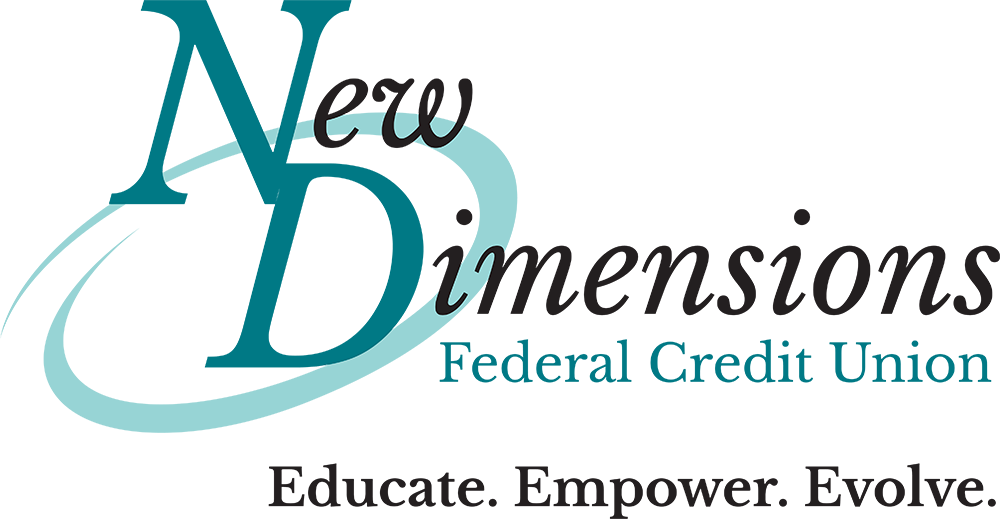Looking for your first apartment can be fun—but educate yourself first!
You have finally graduated and now you’re looking for the freedom of your own space! We have some ideas that will better inform you, so you make the right decision for yourself.
As graduation season approaches, many high school students are preparing for adulthood; complete with getting a full-time job and moving into their first apartment. As exciting as this is, we want to ensure their success by providing some valuable information about the process of hunting for an apartment and the costs associated with moving. Read on for information about where to live, questions to ask a landlord, and how important is renter’s insurance really is.
Here are five things to consider when you begin apartment searching:
Budget –When looking for an apartment, start with figuring out your budget. You will need to know the costs of living on your own. You can expect expenses such as rent, electricity, food, transportation, tv (cable or streaming services), internet, cell phone, laundry, insurance, savings, and entertainment—just to name the more popular expenses. You may have more expenses if you have a credit card, own a car, or have outstanding loans or debts. Once you have added all monthly expenses into your budget, you will have a clearer understanding of whether you can live on your own or perhaps finding a roommate to help cover some of those expenses is a better option for you.
Location –When searching for the perfect apartment, the location is important. Ask yourself questions that address your preferences for living in town or rural settings, living close to work, restaurants, shopping, and nightlife. You may also want to consider your support systems such as family and friends and the proximity of where you live in comparison to where they live. Additionally, making sure the neighborhood and apartment are safe is essential. When looking at an apartment, remember to check your cell phone service and take a ride through the area at night—this may give you a sense of what the atmosphere is like at night. Lastly, we strongly encourage you to view any apartment you are interested in (a couple of times, if possible), this will ensure you are getting what was advertised.
Lease – A lease is a legal document that outlines the agreement between the landlord and the tenant(s). A lease can contain the term (long-term or month to month), the amount of rent and when it is due, and what is included in the rent (heat, trash removal, lawn care, snow removal, etc.). The lease will also let you know the amount and terms of the security deposit. When signing a lease, it is recommended that whoever will live in the apartment is on the lease, this will ensure all parties are financially responsible for the apartment.
Security Deposit – Most landlords will require a security deposit. This deposit is to cover any damages done while living in the apartment. In Maine, the security deposit cannot be over two times the monthly rent and returned, minus any costs of damages within 30 days of moving out. Leave the apartment in the same condition as you moved in is a great way to ensure you will receive your full security deposit back.
Renters’ Insurance – Renters’ insurance is an inexpensive way to protect your belongings. Landlords have insurance on the building in the event something happens to the structure. Renters’ insurance will cover your belongings inside the apartment. Should someone break into your apartment and steal your belongings, or they become damaged while living in the apartment, renter’s insurance can ease the replacement costs of these items. Renters’ insurance can also extend to apartment garages or storage units where you may have some of your belongings. In the event, the apartment becomes unlivable, depending on your coverage, renter’s insurance can help cover the cost of alternative housing.
Moving into your first apartment can be scary if you are not prepared for the costs and responsibilities, but it is also very exciting if you plan. We want to help prepare you for a sound financial future. Come see me us if you need help setting up a budget, we have experts that can help you navigate yourself into the apartment and lifestyle you’ve waiting years to access. Contact Carrielyn Reynolds, Financial Education Coordinator at creynolds@newdimensionsfcu.com, or call her at (207) 660-6267 to schedule an appointment. Together we can make your transition into adulthood successful!
